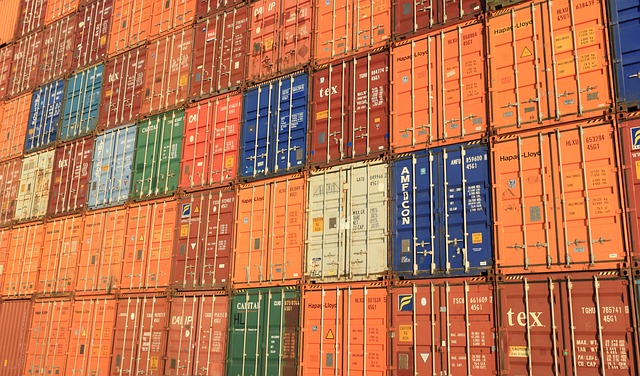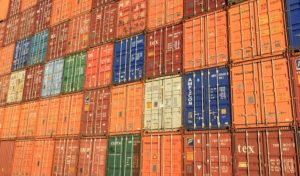The Philippine Bureau of Customs (BOC) is expediting the disposition of seized and abandoned goods to free up space in ports and remove doubts that seized containers are pilfered or recycled.
Customs Commissioner Isidro Lapeña has ordered the agency to “quicken the pace of condemnation of all our overstaying cargoes, whether they are seized or impliedly abandoned so that we free up our yard space and to remove any doubt that there is pilferage going on,” according to BOC-Port of Manila district collector Atty. Erastus Sandino Austria during a press briefing on July 11.
Lapeña, during the same briefing, said he has ordered all cargoes for condemnation to be scheduled for destruction, which is one of the modes for disposing of seized or abandoned shipments. He said BOC assures that cargoes will be underguarded during the transfer to the condemnation facility. He added that aside from the representative from the Commission on Audit, BOC now requires barangay officials and the media to be present during condemnation to assure transparency.
Last February, BOC, through its Assessment and Operations Coordinating Group, instructed customs officials and personnel to “conduct the disposition of all overstaying cargoes especially through public auction,” as instructed by Lapeña so as “to intensify collection and to decongest the ports.”
Overstaying containers are either seized or abandoned. Seized cargoes are those issued an alert order and consequently have a warrant of seizure and detention for violating customs rules.
An abandoned cargo is one either expressly given up by the consignee through a formal letter of abandonment to the customs collector, or implicitly abandoned when, after due notice, the owner, importer, consignee, or interested party fails to file an entry within the allowed period or to claim the importation.
As part of its drive, BOC on July 11 destroyed two 20-foot equivalent units (TEUs) of cheese powder and used clothing that had been abandoned at the Port of Manila since 2009 and 2011.
The consignees, Monde M.Y. San and JISA Marketing, failed to file an entry for the goods, resulting in their forfeiture by BOC pursuant to Section 1129 of the Customs Modernization and Tariff Act (CMTA).
The CMTA provides that imported goods are deemed abandoned when the importer fails to file the goods declaration within the prescribed period.
“The cheese powder was not auctioned off because it is not covered by Food and Drug Administration (FDA) permit. Foodstuffs not covered by FDA permit are prohibited [from entering] the market because they did not undergo food safety inspection. More so, the ukay-ukay being a prohibited good under RA [Republic Act] 4653 must be shredded,” Lapeña said.
R.A. No 4653 prohibits the commercial importation of textiles commonly known as used clothing and rags or ukay-ukay.
“The destruction was pushed back to a later date because years back, there were only two contractors in charge of the hauling and destruction of the hundreds of overstaying cargoes at the Port of Manila,” Lapeña explained. The abandoned goods were destroyed by Tritek Reverse Logistics Corporations at its facility in San Pedro, Laguna. Tritek was contracted by BOC to destroy the goods at no cost to the government. The fee for the destruction will be paid by the shipping line which owns the containers that held the abandoned shipments.
Meanwhile, Lapeña said more overstaying cargoes are slated for disposal, with scheduled condemnations soon at the ports of Cagayan de Oro, Tacloban, and Subic.






